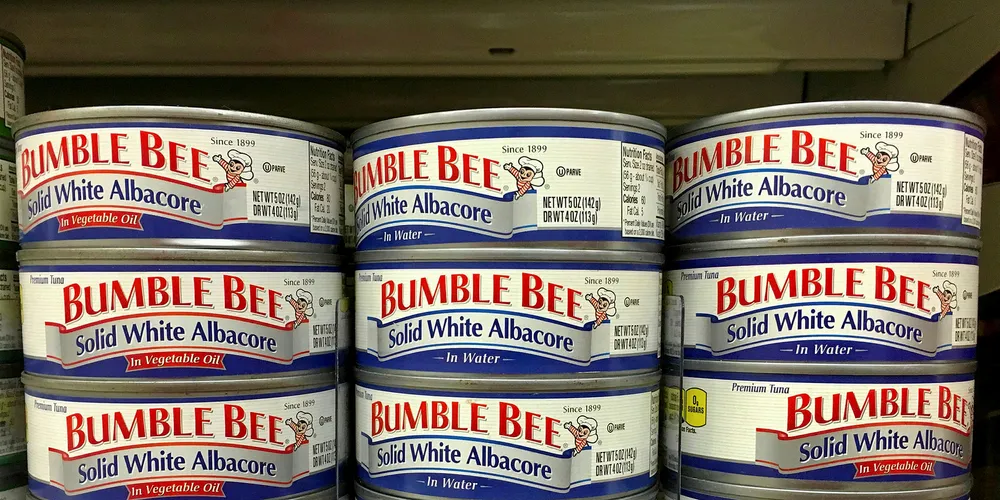Former Bumble Bee CEO asks to be removed from another price-fixing lawsuit
Lischewski is seeking to remove his name from an AWG lawsuit filed in the state of Kansas.

Lischewski is seeking to remove his name from an AWG lawsuit filed in the state of Kansas.
